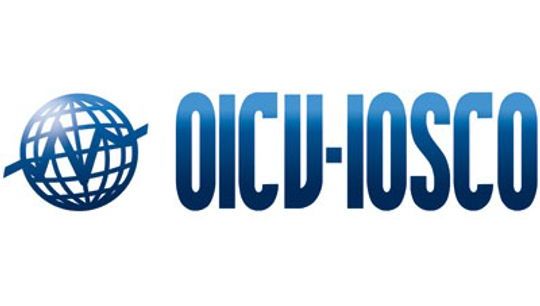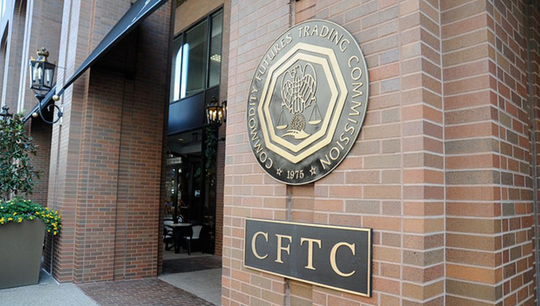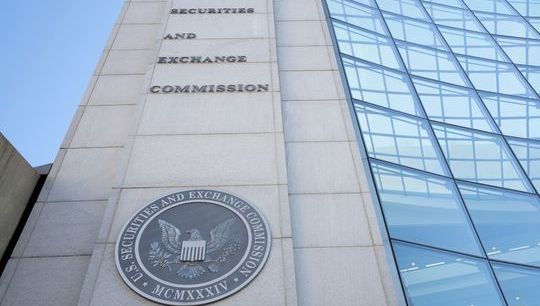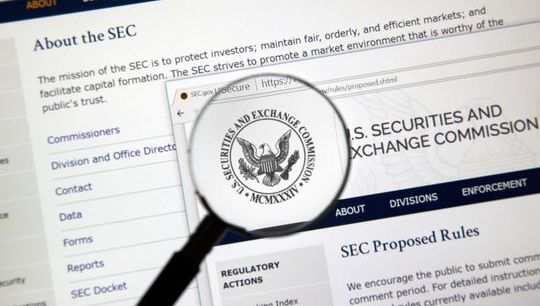Private Fund Adviser Reforms: Final Rules
Published: 24 August 2023
Today, the SEC adopted sweeping new rules that will impose substantial regulation on the management and operation of private funds by investment advisers. The newly adopted rules, while having significant implications for the private funds industry, appear to be somewhat less burdensome than the rules originally proposed in February 2022.
In summary, the final rules will impose new requirements on private fund advisers but roll back some of the initially proposed prescriptive prohibitions in favor of a restrictive framework based on disclosure and consent. For example, the proposed “Prohibited Activities Rule” has become the “Restricted Activities Rule” in the final rules, in recognition that certain limited activities may be undertaken with appropriate disclosure or investor consent. Furthermore, certain of the original proposed Prohibited Activities were not expressly included in the final rules, such as the proposed restriction on advisers’ ability to seek indemnification for negligence. The final rules also pare back the proposal to require pre-disclosure to investors of preferential terms granted to other investors—such as those granted via side letter arrangements—by limiting such pre-disclosure requirements to material economic terms, rather than requiring all such terms to be pre-disclosed to investors. Certain of the adopted rules apply solely to SEC-registered investment advisers, while others apply to both SEC-registered advisers and private fund advisers that are exempt from registration (including exempt reporting advisers), as set out in more detail below.
In addition, the final rules allow for certain grandfathering of existing private funds arrangements, which is designed to limit the significant amount of “repapering” of fund agreements that would otherwise have been needed under the original proposal.
The compliance date for the rules will be staggered with different implementation dates depending on the size of the adviser, with smaller advisers being afforded additional time to comply with the final rules.
A high-level summary of the final rules follows below.
For Registered Private Fund Advisers:
- Quarterly Statement Rule. The final rules require registered private fund advisers to distribute a quarterly statement to private fund investors. The statement must disclose fund-level information regarding performance, the cost of investing in the private fund, fees and expenses paid by the private fund, and certain compensation and other amounts paid to the adviser.
- Private Fund Audit Rule. The final rules require registered private fund advisers to cause the private funds they advise to undergo an annual financial statement audit that meets the requirements of the audit provision in the Advisers Act “custody rule” (Advisers Act Rule 206(4)-2)).
- Adviser-Led Secondaries Rule. The final rules require a registered private fund adviser to obtain a fairness opinion or a valuation opinion when offering existing fund investors the option between selling their interests in a private fund and converting or exchanging their interests in the private fund for interests in another vehicle advised by the adviser or any of its related persons (i.e., a GP-led secondary). The rules also require the adviser to prepare and distribute to the private fund’s investors a summary of any material business relationships the adviser has, or has had within the prior two years, with the independent opinion provider.
- Compliance Rule Amendments. The final rules include amendments to the “compliance rule” under the Advisers Act requiring all registered advisers, including those that do not advise private funds, to document in writing the required annual review of their compliance policies and procedures.
For All Private Fund Advisers (Including ERAs):
- Restricted Activities Rule. The final rules restrict all private fund advisers from engaging in the following activities:
- Charging or allocating to the private fund fees or expenses associated with an investigation of the adviser without disclosure to and consent from such fund’s investors.
- An adviser may not charge fees or expenses to the private fund that are related to an investigation that results or has resulted in a court or governmental authority imposing a sanction for a violation of the Advisers Act or the rules promulgated thereunder.
- Charging or allocating to the private fund regulatory, examination, or compliance fees or expenses of the adviser, unless such fees and expenses are disclosed to investors.
- Reducing the amount of an adviser clawback by the amount of certain taxes, unless the adviser discloses the pre-tax and post-tax amount of the clawback to investors.
- Charging or allocating fees or expenses related to a portfolio investment on a non-pro rata basis, unless the allocation approach is fair and equitable and the adviser distributes advance written notice of the non-pro rata charge and a description of how the allocation approach is fair and equitable under the circumstances.
- Borrowing or receiving an extension of credit from a private fund client without disclosure to, and consent from, fund investors.
- Charging or allocating to the private fund fees or expenses associated with an investigation of the adviser without disclosure to and consent from such fund’s investors.
- Preferential Treatment Rule. The final rules prohibit all private fund advisers from providing preferential terms to investors regarding: a) certain redemptions from the fund, unless the ability to redeem is required by applicable law or the adviser offers the preferential redemption rights to all other investors without qualification; and b) certain preferential information about portfolio holdings or exposures, unless such preferential information is offered to all investors.
- In addition, these rules prohibit all private fund advisers from providing preferential treatment to investors, unless certain terms are disclosed in advance of an investor’s investment in the private fund and all terms are disclosed after the investor’s investment.
- Legacy Status. The final rules provide legacy status for the prohibitions aspect of the Preferential Treatment Rule and the aspects of the Restricted Activities Rule that require investor consent. The legacy status provisions apply to governing agreements that were entered into prior to the compliance date if the applicable rules would require the parties to amend the agreements.
Please reach out with any questions. We will be in touch with more information to keep you up-to-date in the coming weeks as we digest the 660-page Adopting Release.








